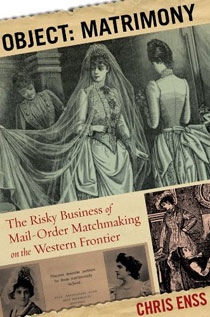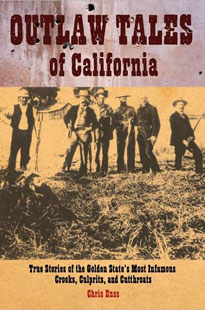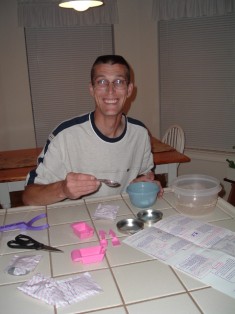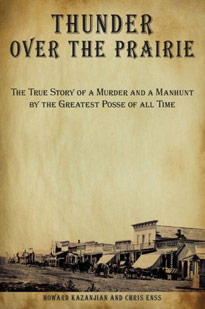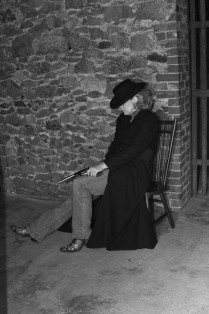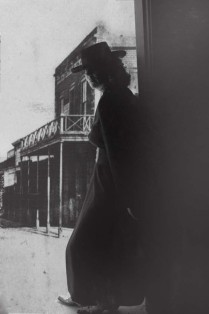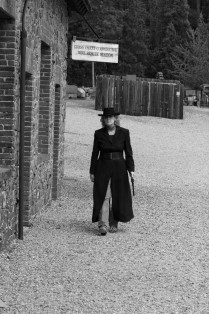I live vicariously through the tales of the men and women of the Old West. From the research I’ve done many of the families that came over the plains cared deeply about one another and would sacrifice anything for the happiness of their loved ones. And then there’s the family I was born into. Whether or not these individuals married into the family or were brought about by the natural process of things, the majority of them have one thing in common and that’s to hurt. Making a family member bleed and watch them writhe in pain over their actions is a sport to them. I begin my Monday on the battle field of this family trying to deal with another crippling shot fired by a person whose idea of love is more akin to the actions of a character from a horror film who wants to wipe out everyone in their sight than someone who insists their behavior is motivated out of goodness or what’s best. If I couldn’t lose myself in the Old West today I’d want to hurl myself into a trash compactor. It’s seems only fitting that I’d be writing today about a man who knew how to stand up for his family but who had no regard for any other human life, Jesse James. James is perhaps the most beloved murderer in American history. He and his gang shot bank clerks in cold blood, killed passersby who looked the wrong way, and derailed trains and robbed the passengers as they lay injured. But none of that mattered. To many alive at the time James was a post-Civil War hero, satisfying the thirst of many defeated Confederates to get in a few last shots after the war. James, a handsome bearded man with blue eyes and a narrow face, was fashioned as a modern-day Robin Hood, though later historians were at a loss to find any evidence of charitableness. As a Confederate guerrilla and later as a bank robber, James came close to a violent death several times. But as long as he had his own guns, he always seemed to survive. During the war he was badly wounded in the leg and his horse was shot out from under him. Just after the war federal soldiers shot James in the lung and left him for dead. He lay on the ground for two days until a farmer aided him. When he was ambushed robbing the Northfield, Minnesota, bank in 1876, three of his gang were killed, three were shot and captured, and only Jesse and his brother, Frank escaped. His luck ended in 1882, after a local sheriff got 21-year-old Robert Ford, a less notorious outlaw, to join James’s gang to try to capture him. Ford and his brother easily joined up and were staying with James and his wife in St. Joseph, Missouri, that April, planning their next bank robbery. Early on the morning of April 3, James, who had just come inside from feeding the horses, took off his jacket and, because he trusted his friends, his gun belt. He had climbed up on a chair to pull some cobwebs from a picture when he heard the cock of a pistol. As he turned unarmed, Robert Ford shot James in the head with a .44-caliber pistol that James had given him as a present. James’s body was put in a $260 casket-paid for by the sheriff who had recruited Ford-and sent by train the few miles to his hometown of Kearney, in Clay County, Missouri. His open casket at the Kearney Hotel drew thousands, jamming the small town with their horses, and even passengers from the trains that made unscheduled stops on their way through. A collection to benefit James’s wife and two children gathered lass than $10, but that was only the beginning. Personal effects of the house were sold for about $250. The owner of the house, a St. Joseph city councilman who thought he had rented it to Thomas Howard (an alias of James’s) sold bloody floor splinters for 25 cents apiece. A year later James’s mother opened her home to visitors, also for a quarter. Of the more than twenty movies made about Jesse James, the first was financed by his descendants in 1920. Meanwhile, Robert Ford was pardoned by the governor, Ford toured Eastern cities reenacting the shooting, but the show was booed in the Midwest. Later, in a mining camp in Colorado, Ford was shot in the neck and killed by a man with a sawed-off shotgun seeking revenge for the death of Jesse James.
